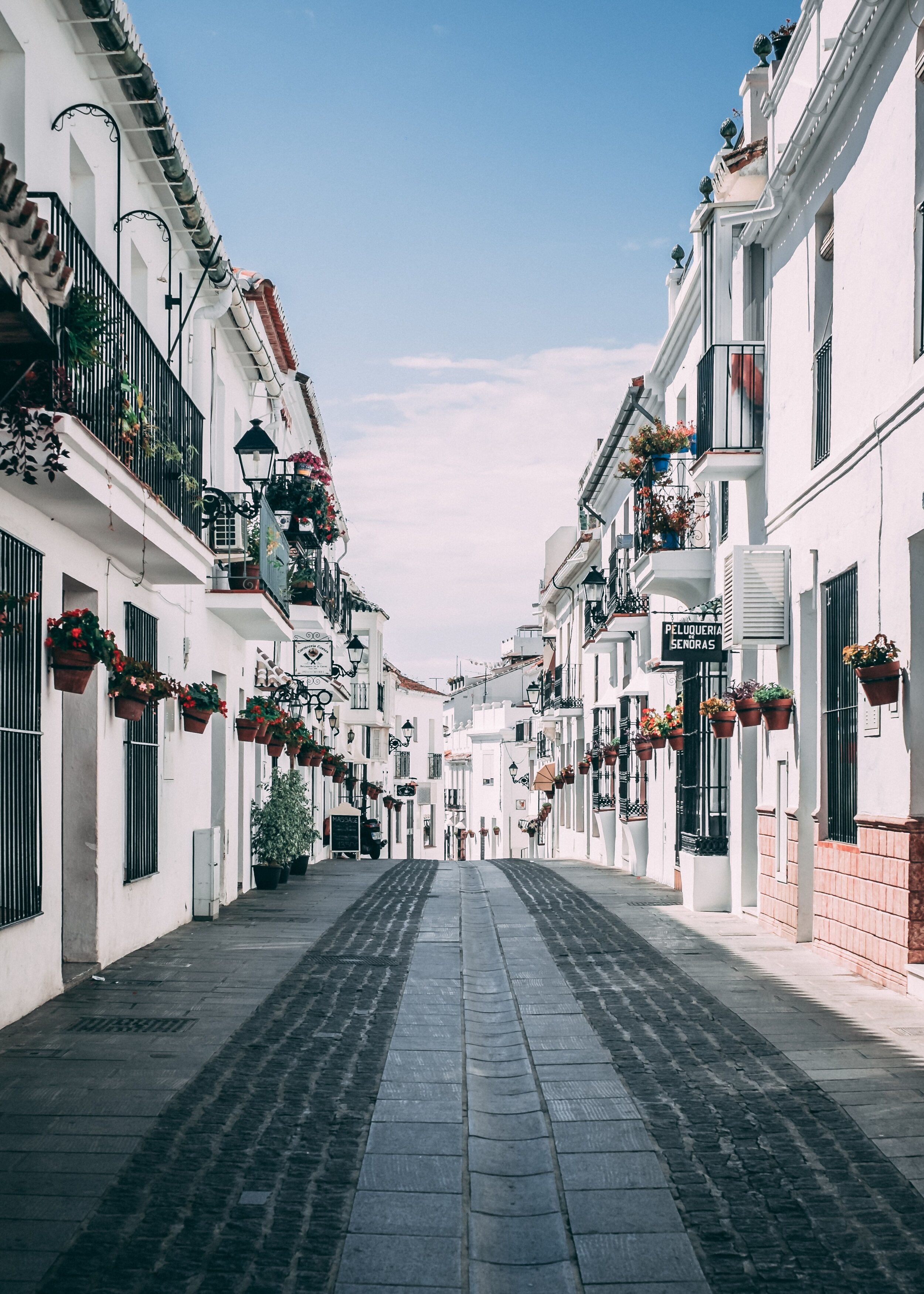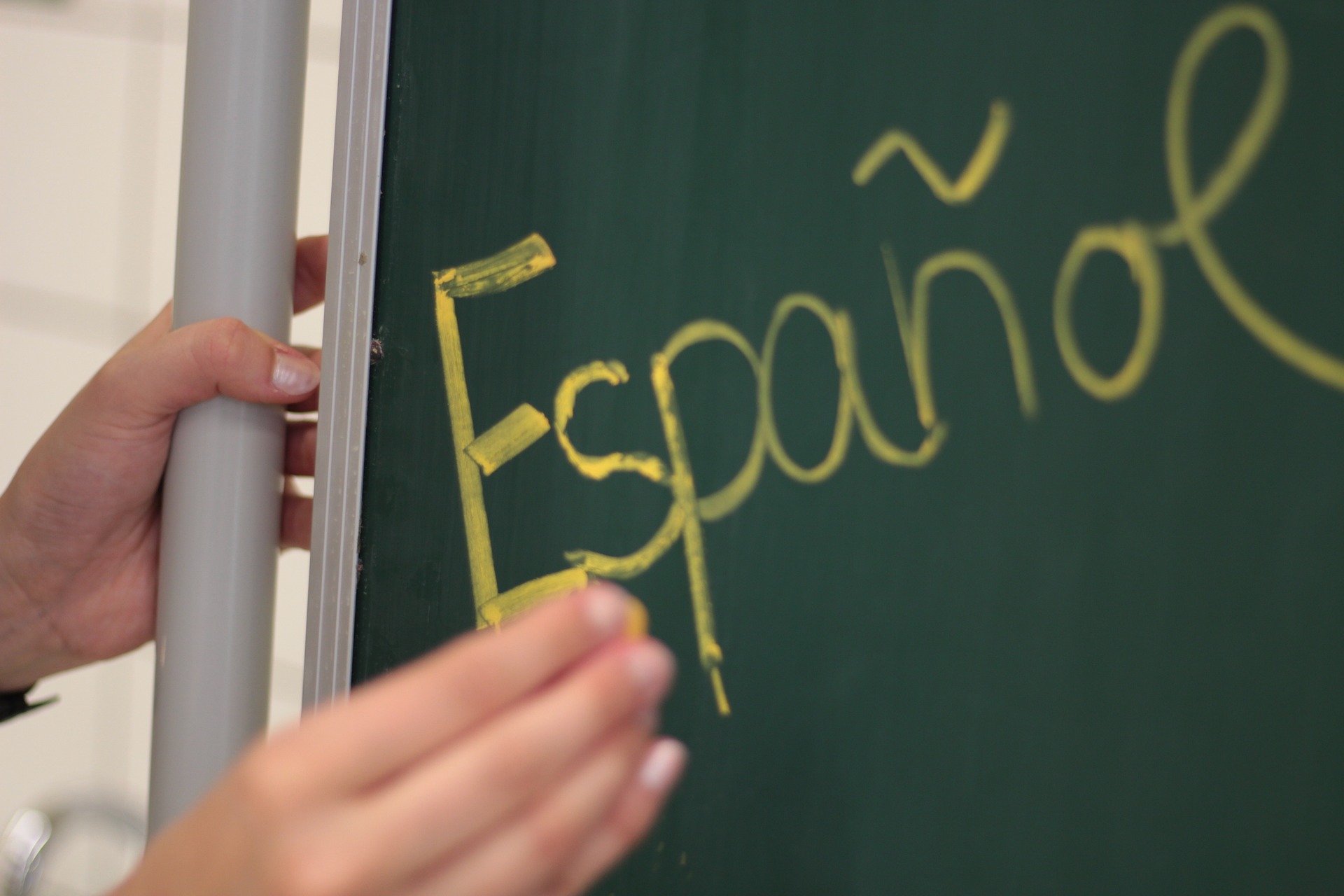
The Euskera Resurgence
There is a resurgence of linguistic tradition brewing in the Basque region of Spain...
There is a resurgence of linguistic tradition brewing in the Basque region of Spain. A 2016 study concluded that 34% of people in Spain’s Basque region spoke Euskera, the native language of the Basque region of Spain, which is an increase from just under 25% in 1991. The more impressive increase is of Basques under the age of 25 who speak Euskera from 25% to now over 70%.
Euskera was banned throughout much of the four-decade dictatorship of Francisco Franco, whose determination to impose a uniform culture on the country included ensuring the use of Castilian Spanish, to the exclusion of regional languages in areas such as the Basque Country, Catalonia and Galicia. During that time, Euskera was confined to smaller towns and villages and used cautiously.
It wasn’t until the 1960s, as the end of the dictatorship approached, that the policy became more lenient. Basque schools, or ikastolas, were created and the language started to enter the mainstream. Today there are 2 entire generations who can communicate with their children in Euskera as the school system has made the push ensuring its survival. The standardization, at the end of the dictatorship, of a language with many dialects also boosted its use and the nationalist governments that have dominated Basque politics in recent years have made the study of Euskera to the forefront of the culture.
The origins of Euskera remain a matter of debate to this day. Its unusual syntax and reliance on a barrage of prefixes and suffixes make it distinct to the Latin-based languages prevalent in southern Europe. Its shrouded history has given way to some odd theories including the claim by historian Esteban de Garibay that Noah’s grandson, Tubal, brought the language to the Basque Country. That notion has long been ruled out, but links have also been made with Caucasian and Berber languages of North Africa.
But while Euskera has enjoyed a steady resurgence in recent years, it has also been the cause of political discord. On June 2nd, thousands of people demonstrated on the streets of Pamplona, against what they saw as the imposition of Euskera in the region’s public institutions. The opponents of the language’s spread have linked it to extreme nationalist politics, but Basque nationalists insist there is room for both Spanish and Euskera.
We hope you've enjoyed learning about The Euskera Resurgence! What are your thoughts on the reemmergance of popularity of the Euskera language? Do you believe it can exist side by side with the Spanish language? Join the conversation below!
The Year of the Spanish Language
Marca España has stated that the Spanish language is “a global agent that produces wealth, identity, culture, and brand which still has great opportunities for expansion and development in the digital era. It is expected that in 30 years there will be over 700 million Spanish speakers.”
The Year of the Spanish Language
Earlier this year, Spain’s Minister of Culture, Íñigo Méndez de Vigo, declared "The year 2019 will be declared the Year of the Spanish Language” as part of the Marca España initiative.
Marca España has stated that the Spanish language is “a global agent that produces wealth, identity, culture, and brand which still has great opportunities for expansion and development in the digital era. It is expected that in 30 years there will be over 700 million Spanish speakers.”
There will even be tax incentives (up to 90%) for activities which promote the initiative to help try to drive participation among the private sector. Among these initiatives will be a study grant to generate more university student exchanges, appointing celebrities as “Spanish language ambassadors,” and the designing of a digital platform in Spanish & Portuguese to offer free content in the fields of literature, film, music, art, and science.
This plan has not been accepted across the country, however, as Spain’s all-encompassing attitude with the proposal has caused some hesitation in Latin American countries. De Vigo was specifically warned that the plan would not be welcomed outside Spain by the director of the Real Academia Española, Darío Villanueva, and of the Cervantes Institute, Juan Manuel Bonet, but has decided to go ahead with it anyway.
Even in Spain, political groups, apart from the governing Popular Party, have also criticized the plan specifically Basque and Catalan citizens as they see it as an attack on their own languages. Francisco Javier Pérez, the Venezuelan secretary general of ASALE stated that the desire by Spain to reign control over the common language was “at the very least worrisome.”
Carmen Millán, director of the Caro y Cuervo Institute in Colombia has a bit of a more optimistic look by stating that “...this is not about rivalries, it is about a sense of belonging to a common language.”
While it remains to be seen whether the effort will succeed in a similar fashion as the cultural promotion efforts of the French, it is without a doubt starting a conversation within the Spanish-speaking community about the need to preserve and promote their beloved language.
We hope you've enjoyed learning about how Spain is working to make 2019 The Year of the Spanish Language! Do you think the Marca España initiative will be positive for the promotion of the Spanish language? Comment below!




